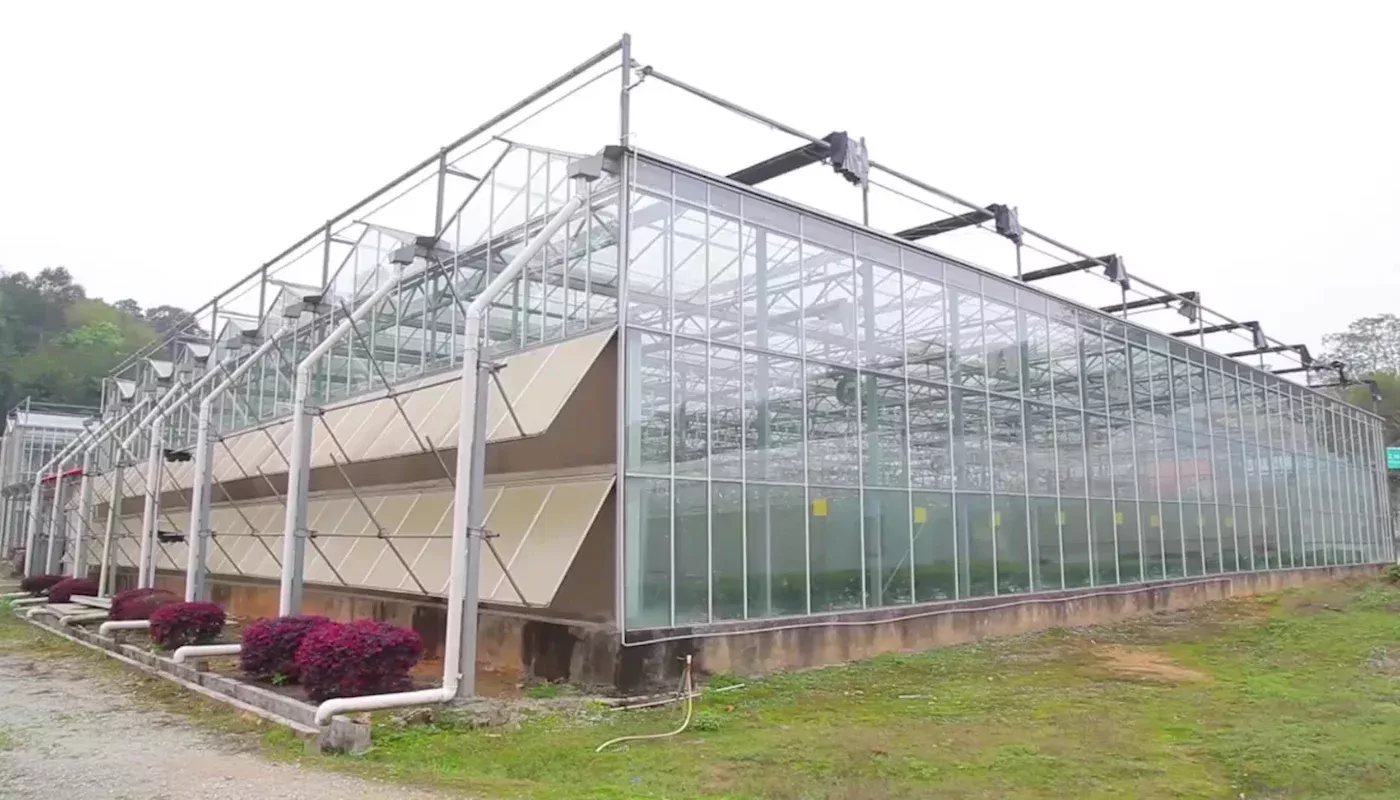How do greenhouse gases affect internet speed?

In the modern world, the internet and satellite technologies have become an integral part of our lives. However, recent research conducted by scientists at the Massachusetts Institute of Technology (MIT) has shown that climate change and greenhouse gases can have a serious impact on satellite communication.
What is the problem?
Greenhouse gas emissions – carbon dioxide (CO₂), methane (CH₄), and other gases cool the upper layers of the atmosphere, leading to a decrease in the density of the thermosphere. This results in reduced air resistance and allows space debris to remain in orbit longer.
Today, over 10,000 satellites at altitudes of 160 km - 2000 km provide internet, navigation, and air monitoring services. They require a clean and safe orbital environment to send data to Earth. However, as the density of the thermosphere decreases, the process of clearing orbital debris slows down, which can create a hazardous environment for satellites.
What risks arise?
1. Changes in satellite orbits
Scientists analyzed a situation related to NASA's "Aura" satellite. Its trajectory has become unstable under the influence of greenhouse gases. This means that in the future, such satellites may not be able to operate correctly.
2. Increased likelihood of satellite collisions
Space debris in orbit should naturally decrease due to air resistance. If this process slows down, the number of debris will increase, and satellites may collide with each other. This poses a significant risk to communication and internet systems.
3. Decrease in internet quality
Internet connectivity depends on the signal transmitted from satellites. If the space environment changes drastically, this may lead to a decrease in internet speed and quality. Especially in adverse weather conditions, the signal weakens, making it difficult to connect to the internet in remote areas.
What risks are expected in the future?
According to calculations, greenhouse gases are reducing atmospheric density at an altitude of 400 km by 2% every 10 years. If this process continues, by 2100, satellites designed to operate at altitudes of 200 km - 1000 km may decrease by 50-66%.
This could lead to a state of "unstoppable instability." In other words, a chain reaction of debris could begin, rendering certain orbital areas unusable.
What should be done?
To address these issues, scientists recommend the following measures:
- Monitoring greenhouse gas emissions – this will help prevent climate change and maintain balance in the upper layers of the atmosphere.
- Monitoring space debris – improving methods to track and reduce debris in orbit.
- Developing new technologies for satellites – adapting them to hazardous conditions and implementing high-precision navigation systems.
Greenhouse gases are affecting not only the Earth's climate but also artificial satellites in space. If this issue is not taken seriously, there is a significant risk of losing the quality of internet connectivity, navigation systems, and air monitoring systems in the future.
Technological advancement and maintaining ecological balance should be one of the most important tasks in this regard. If measures are not taken now, the ability to use the internet may be limited in 100 years.







